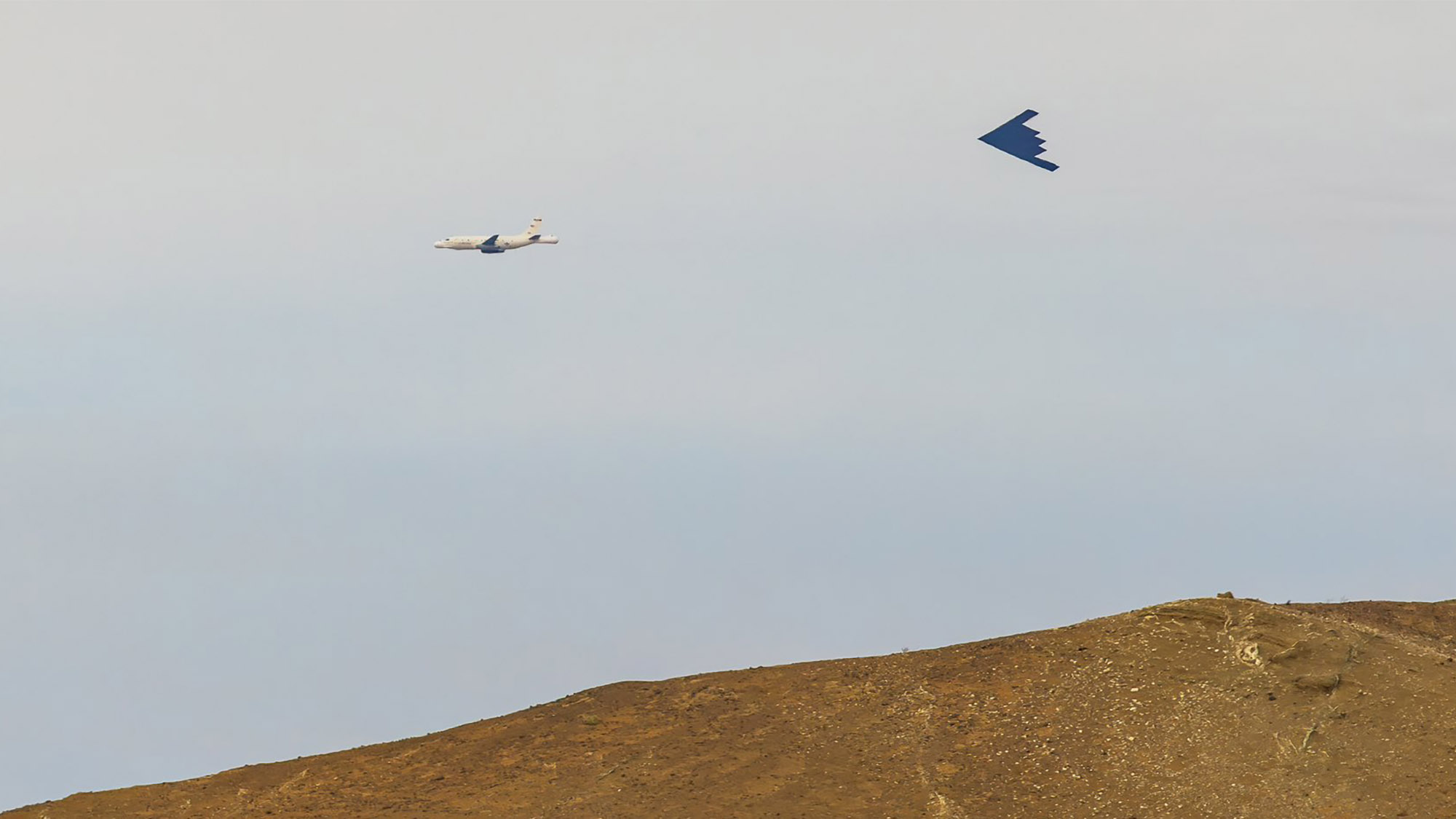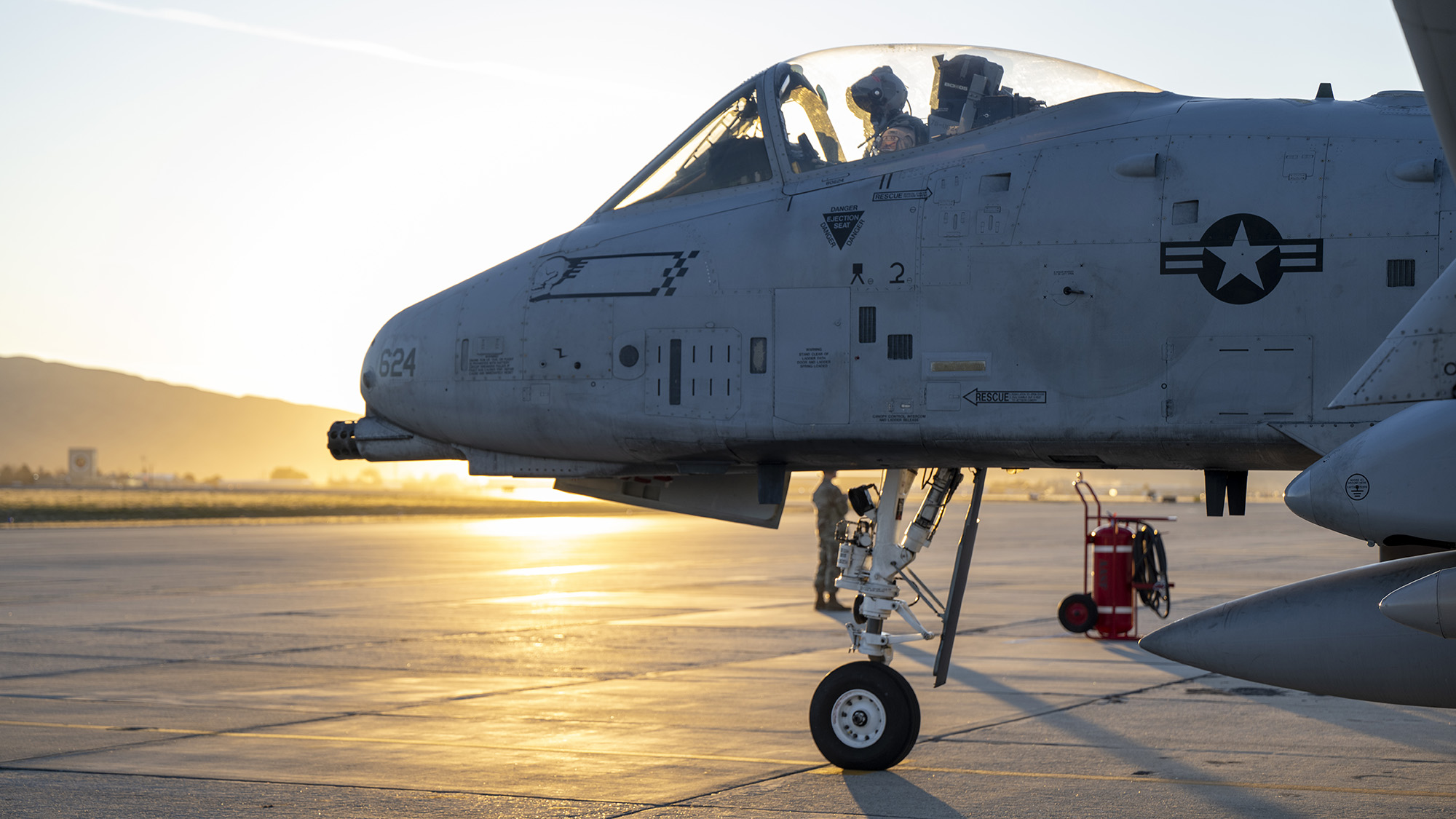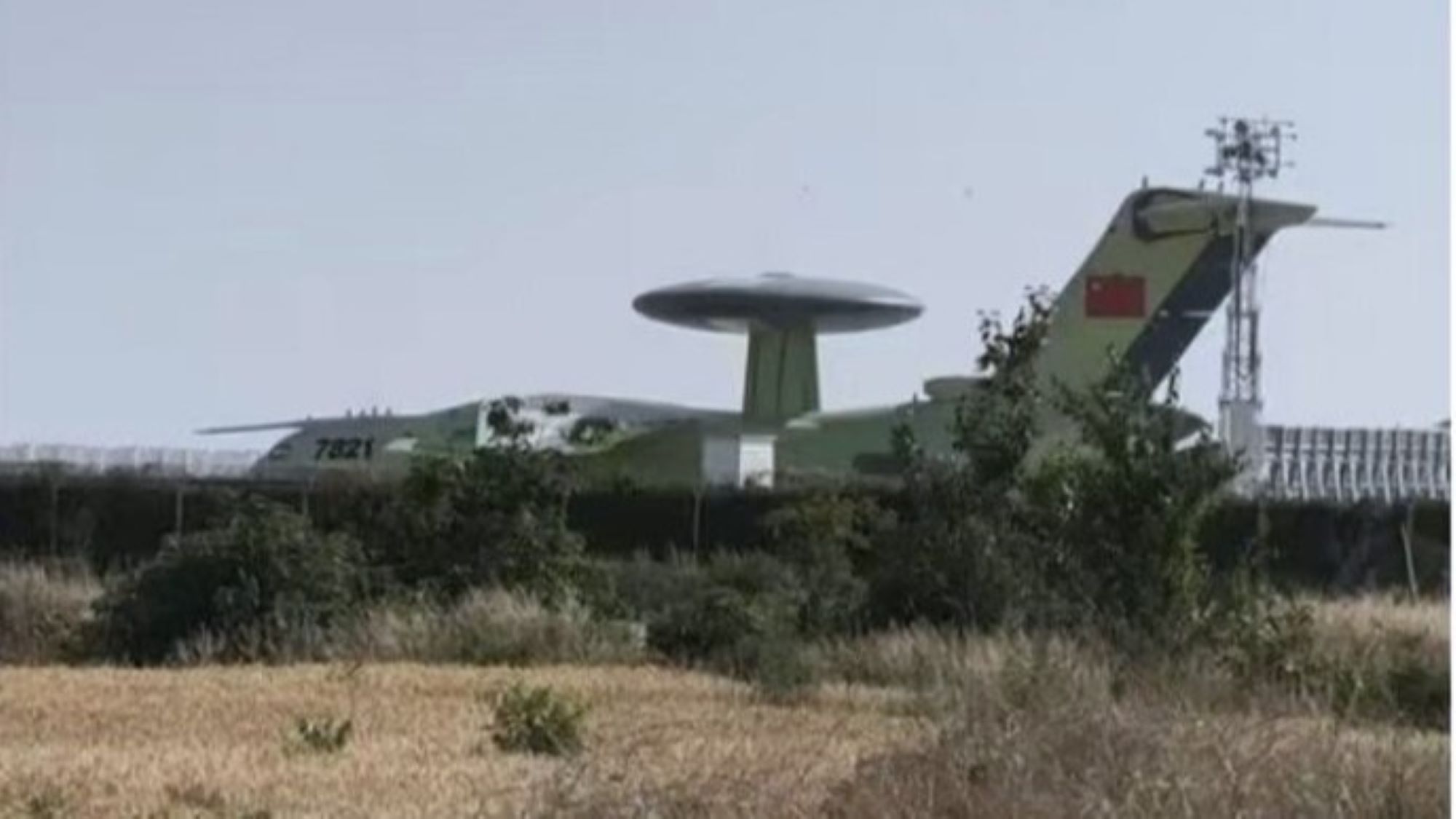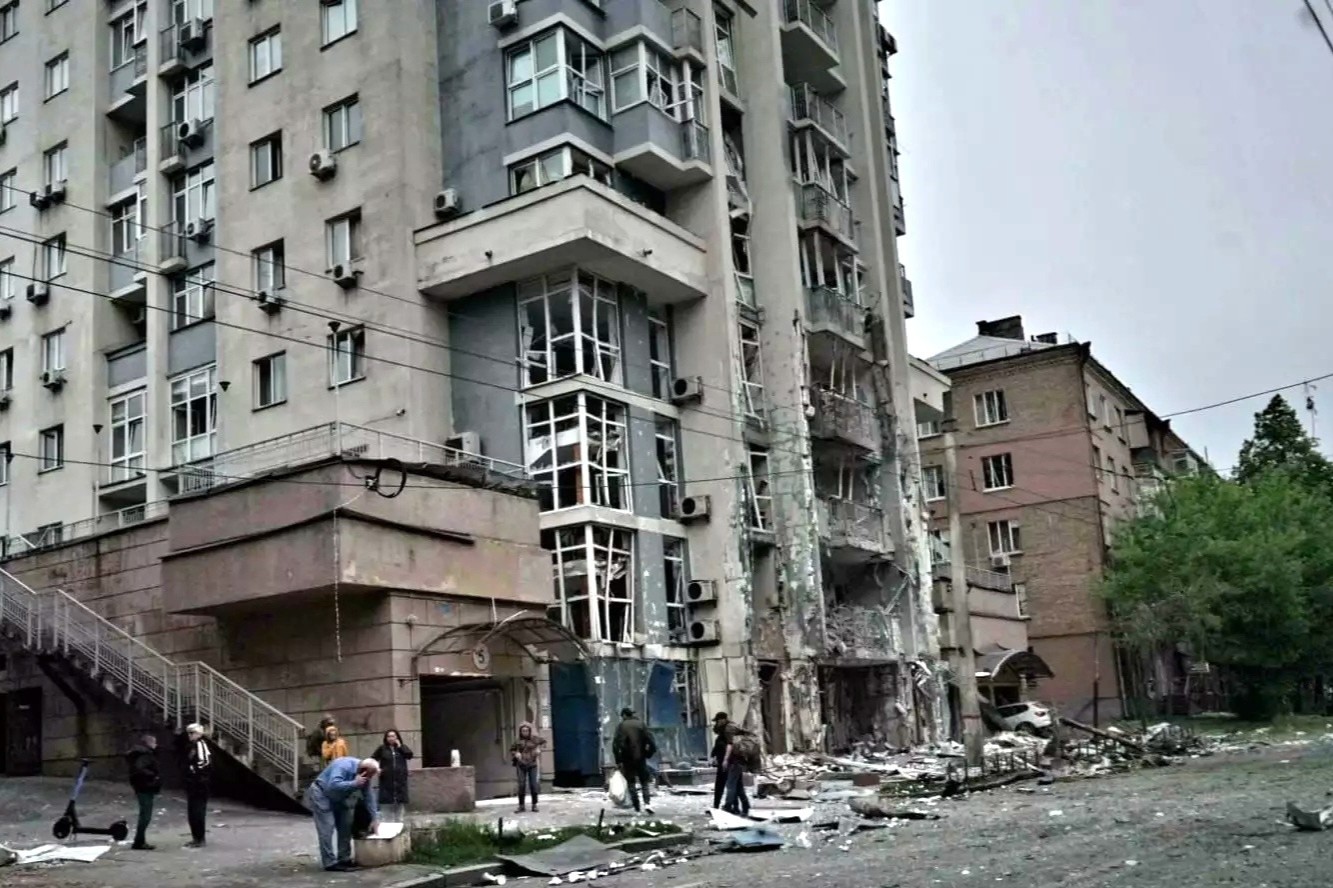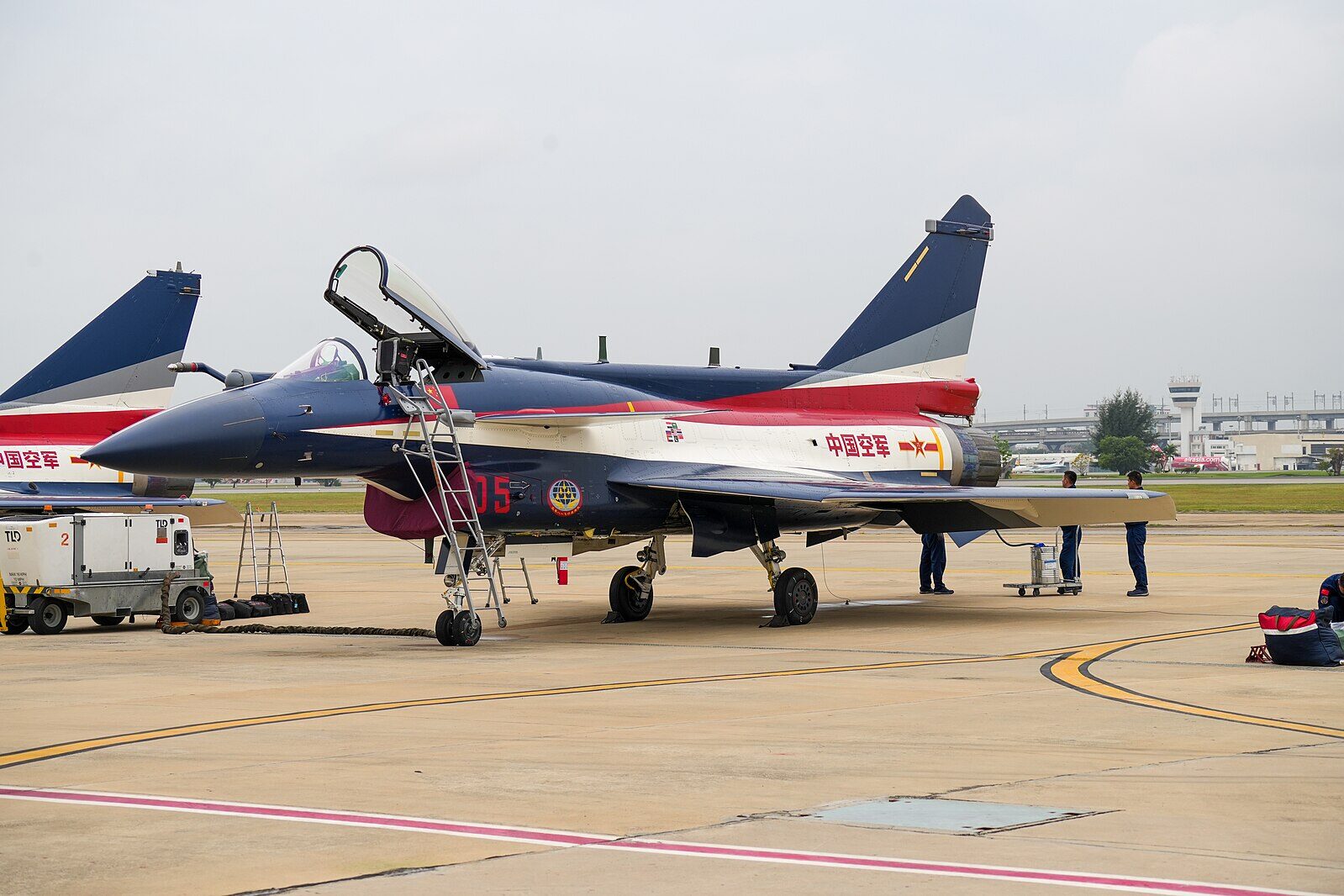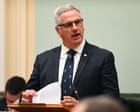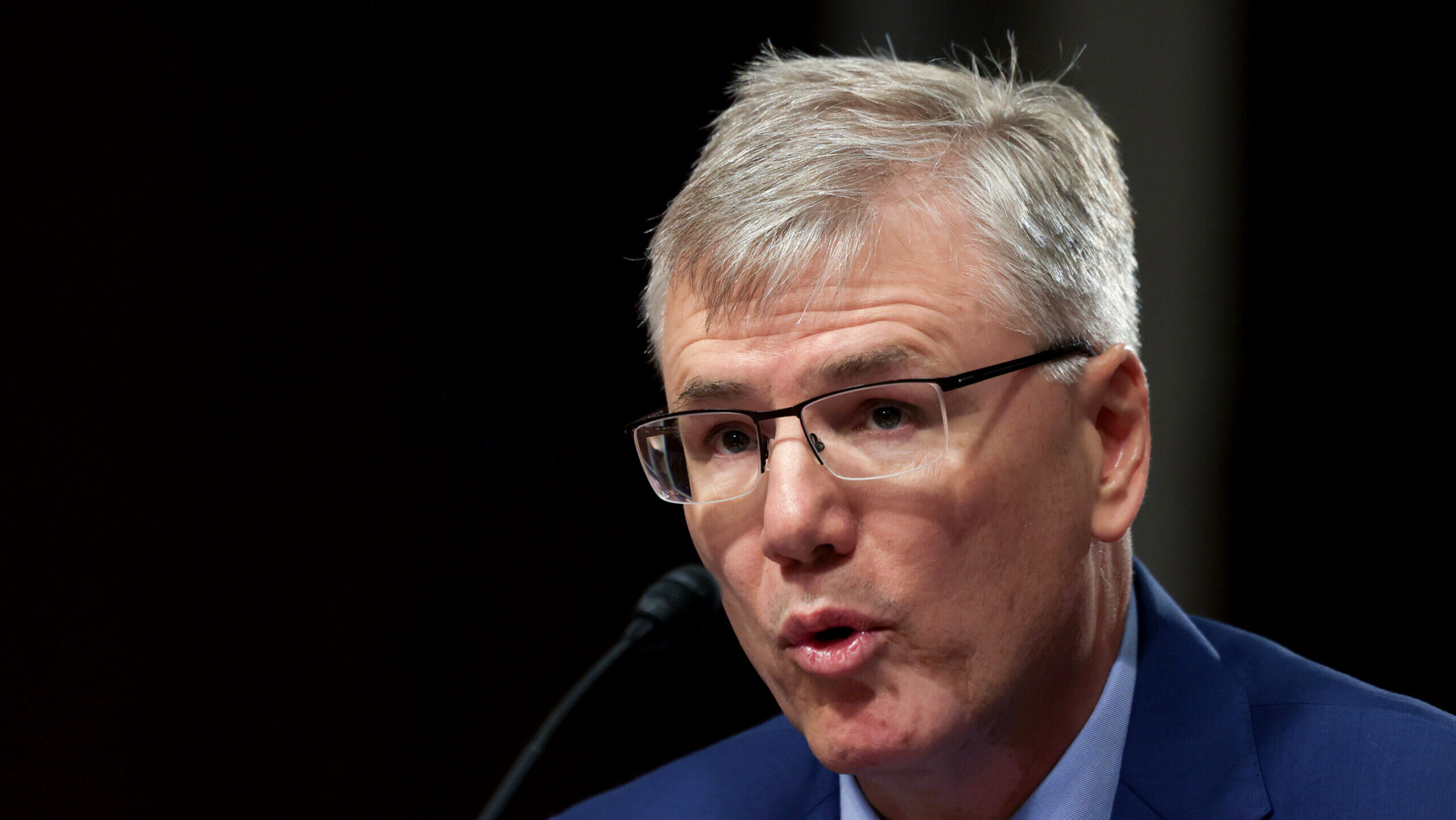AFRICOM chief warns China attempting to ‘replicate’ US assistance as Washington pulls back
Gen. Michael Langley’s warning comes amid the Pentagon’s rebalancing of priorities and drastic cuts to foreign aid programs.


U.S. Marine Gen. Michael Langley, commanding general of U.S. Africa Command, visits Cap Draa during African Lion 2025 (AL25) in Tan-Tan, Morocco May 23, 2025. (Photo by Libby Weiler, U.S. Army Southern European Task Force, Africa)
WASHINGTON — As the US prepares African nations to rely less on Washington’s help, China is attempting to “replicate every type of thing” the US military does to build and maintain relationships on the continent, according to the top US military official there.
“They’re trying to replicate what we do best in our IMET [International Military Education and Training] program, and then they also said they’re going to increase security and training in a number of countries,” Gen. Michael E. Langley, head of US Africa Command (AFRICOM), told reporters today. “So yes, they’re stepping it up and trying to replicate every type of thing, whether it be advise and assist-type training and specialized military domains, or anything … putting on exercises like they did in Tanzania this fall.”
RELATED: In a first, Egypt conducts military drills with China, signaling closer ties
Langely was speaking from Nairobi, Kenya, as the US wrapped up its participation in the African Chiefs of Defense Conference, attended by representatives from more than 30 African nations. There, amid drastic US cuts to civilian aid programs, Langley said he had a message for the leaders of African militaries: America does not want to do more for Africa, but to “help Africa do more for itself.”
“Our aim is not to serve as a permanent crutch, but to achieve US security objectives that overlap with our partners. We should be able to help African nations build the self-reliance they need to independently confront terrorism and insurgencies,” he said. “We are talking to our partners about a greater burden-sharing. As resources are evaluated and rebalanced, it’s imperative that global partners contribute to regional and global stability. Africa is no exception.”
“We recognize that direct US assistance must adapt to an updated strategy aligned with national defense priorities,” he said elsewhere in the talk.
Langley spoke about greater self-reliance while also describing the Sahel region, a band across the middle of the continent, as the “epicenter” of terrorism for the globe. “Terrorist networks affiliated with ISIS and al Qaeda are thriving there, particularly in Burkina Faso, where the government no longer controls vast parts of its own territory,” he said.
Langley said the State Department, as it absorbs USAID, is still considering which aid programs to maintain, and noted that some were “really helpful” to US military stability operations. He said that adversaries are trying to message around the cuts. In Somalia, for instance, Langley saying that there adversary groups like al Qaeda-linked Al Shabaab were “trying to exploit” the aid pause, though their goals have “not been realized, yet.”
Langley also spoke in the wake of reporting that the Trump administration was considering reducing AFRICOM to a sub-command under European Command. The general did not address that reporting in comments today, but told reporters earlier this week that African nations should let Washington know how such a move would affect them.





















































































![The F-35’s future: What new weapons, systems are coming to the stealth fighter? [Video]](https://breakingdefense.com/wp-content/uploads/sites/3/2024/09/8603513-scaled-e1725629281248.jpg?#)
